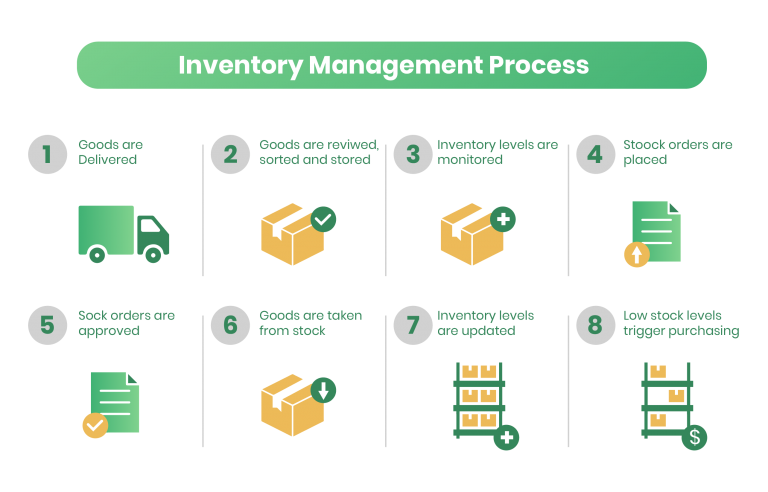- Opening : Mon-Fri 09:00 - 05:00
- Australian Business Number (ABN) # 64 666 659 758
Inventory Management
- Home
- Inventory Management
Inventory Management
Efficiently control and optimize stock levels with our streamlined Inventory Management solutions.
Inventory management is a comprehensive approach to overseeing the entire lifecycle of a company’s goods, from procurement to utilization, with the ultimate goal of meeting customer demand efficiently and cost-effectively. It involves a strategic balance between maintaining optimal stock levels to fulfill customer orders and minimizing the costs associated with excess inventory.
The process encompasses various key elements, including:
Demand Forecasting: Accurately predicting customer demand is essential for effective inventory management. This involves analyzing historical sales data, market trends, and other factors to anticipate future needs.
Ordering and Replenishment: Efficient inventory management involves establishing optimal reorder points and quantities to ensure that new stock is ordered in a timely manner. This helps prevent stockouts and minimizes excess inventory.
Stock Tracking and Organization: Regular monitoring of inventory levels is crucial for identifying slow-moving or obsolete items and preventing stockouts. Organizing inventory in a systematic manner improves accessibility and reduces the risk of errors.
Cost Control: Balancing the costs associated with holding inventory, such as storage, insurance, and the opportunity cost of tied-up capital, is a key aspect. Striking the right balance minimizes holding costs while ensuring product availability.
Technological Integration: Utilizing inventory management software and automated systems streamlines processes, reduces the likelihood of errors, and provides real-time insights. This integration enhances accuracy and efficiency in managing inventory.
The benefits of effective inventory management are substantial. It helps prevent disruptions in the supply chain by ensuring that products are available when customers need them. Simultaneously, it optimizes cash flow by reducing the amount of capital tied up in excess stock, contributing to improved financial performance.
Additionally, accurate inventory management enhances customer satisfaction through timely order fulfillment and reduces the risk of stockouts, which can negatively impact a company’s reputation. By leveraging technology and adopting best practices, businesses can navigate the complexities of inventory management successfully, positioning themselves for sustained growth and competitiveness in their respective markets.


